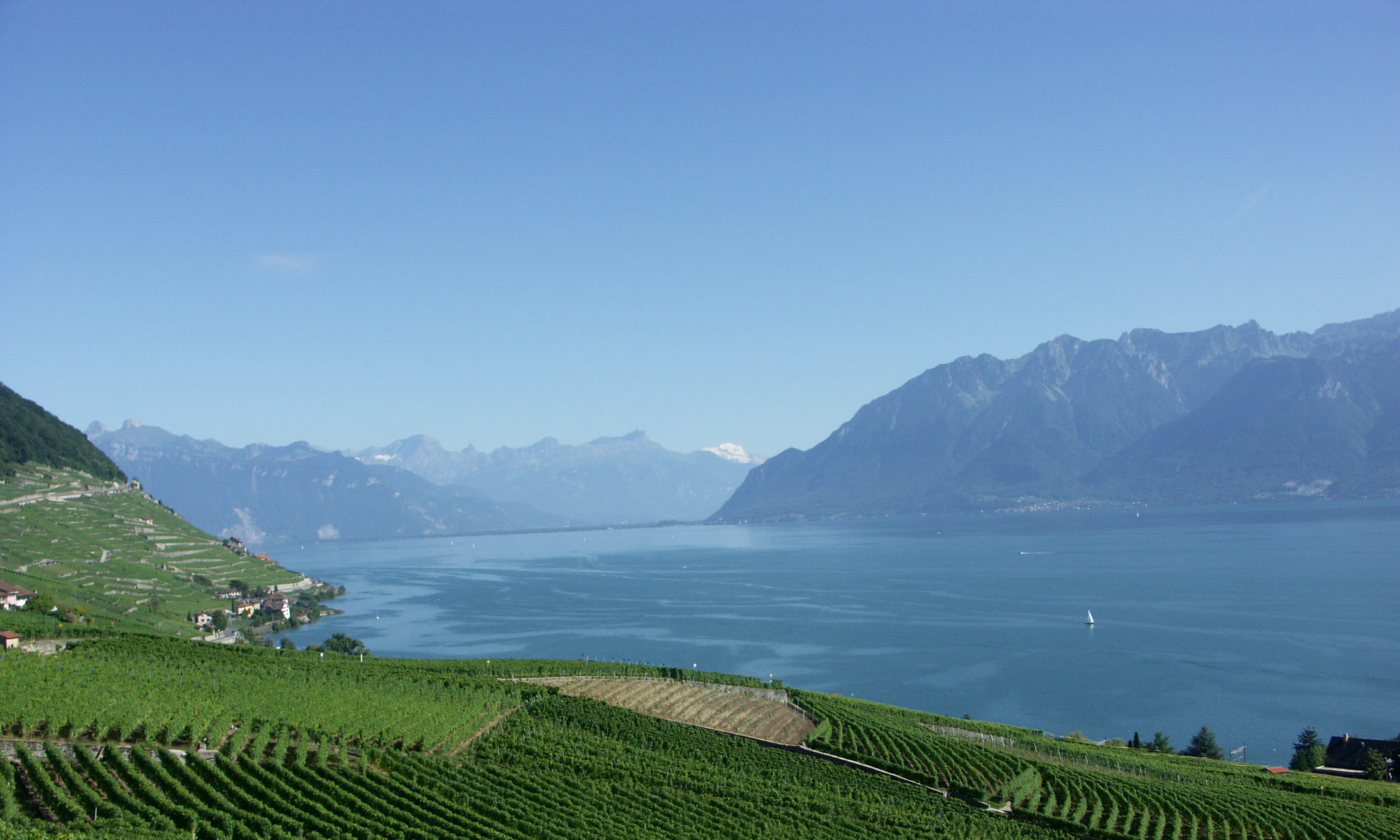To reply to this question use the “Leave a reply” box/field at the bottom of this page.
27 Replies to “Question 3: Which WMO programmes, project or initiatives having the potential to advance hydrology do you currently value the highest and what is missing?”
Comments are closed.


The intended key goal: “Seamless prediction from minutes to decades” which needs integrative reflection of weather, water and climate in the earth system and suitable new working structures in WMO is of highest importance.
In this context modelling methods, reliable climate, hydrometeorological and hydrological data (remote sensing and in situ) from all essential water variables are necessary together on various scales. These fundamental Information have to be developed from global to regional/local scale on a common accepted scientific ground. The existing global water data centres (quantity and quality) have to play a fundamental role to derive products by the exisiting WMO coordination mechanism through the Global Terrestrial Network Hydrology (GTN-H) established at the International Centre for Water Resources and Global Change (ICWRGC).
The multifunctional role of freshwater and its nexus to human needs, like food (incl. soil and forests), energy and transportation) are necessary in future landscape Management and thus far reaching than Integrated River Basin Management only.
Against this background the intended instruments of the WMO water body (like HydroSOS) are very important for all UN organizations and countries.
Basic Systems
NHS greatly values work on the “Quality Management Framework – Hydrology”, particularly:
1. Efforts to normalize and potentially legitimize emerging practices when a technique is mature. For example, many agencies are adopting QRev, which is used to normalize the computation and quality control of discharge from hydro-acoustic instruments. It would encourage manufacturers to adopt what appears to become the recognized standard computation of discharge from moving boat ADCP if WMO endorsed it.
2. While informal channels have been established to share information and expertise related to emerging methodologies and information, some of these channels could be formalized through the WMO so as to reduce duplication of efforts.
• The CHy’s Project X was working on discharge uncertainty. It appears work has paused. This work was vital to the user community in framing uncertainty in flow measurements and in rating curve interpretations of flow. We would like to see this work conclude and a standard be developed.
Water Resources Assessment
• Advances in statistical hydrology have been tremendous over the last few years. Operational programs rarely have the time to keep up with trends or new methods. A review of the applications of new technologies such as coppulas would be welcome. In addition, in light of non-stationarity realities in water resources, dealing with extremes and statistical distributions in light of climate change realities is something NHSs may want to focus on in the future.
• WMO-CHy should explore the development of a standard for national water assessments, particularly using new technology such as earth system models to advance these types of assessment and provide some guidance. Earth system model developments in hydrology should be led by hydrologists while incorporating relevant expertise from meteorological and climatological experts.
Hydrological Forecasting and Prediction
• There is currently a disconnect between the NWP community and the hydrology community with respect to forecasting. The view in the NWP community is reductionist in that higher resolution will make models more accurate and better. The long-standing reality in hydrology is that models degrade as we increase resolution and more complex physics. While each discipline’s work are important in understanding hydrological forecasting and prediction, it is important that the two communities work together in a way that respects their mandates, but builds on strengths and realities.
• There is a tendency to lump all forecast models the same way. However, distinguishing between flood and flow forecasts is very important. For example, flood forecasting relies on local level detail related to hydraulic and backwater data, which impacts the modelling scale considered for flow forecasting.
a) The “HYCOS” program for the ABV case (Volta HYCOS), the implementation staff was insufficient as well as a regular monitoring and evaluation of the project.
(b) Project “Integrating Flood and Drought Management and Early Warning Systems for Climate Change Adaptation in the Volta Basin”. This new project does not provide for the strengthening of the hydrological monitoring network. Countries have sent their letter of commitment to accompany the project in sustainability. But we are all aware of the need to strengthen and intensify the hydrometeorological observation system;
The program on hydrology and water resources, in our opinion, is one of the most important WMO programs. Among the high-priority projects we would like to note the regional WHYCOS projects as well as the global hydrological data centers, established and operating under the auspices of WMO. In our opinion, insufficient attention is paid to topics related to the use of satellite data for solving various hydrological tasks (e.g. receiving, exchanging and distributing of such a data, developing technologies for their using, including solving regional and global problems).
FFGS that has to be improved in order to provide precipitation estimates that could be used in flood forecasting
HydroSOS
Hydrohub